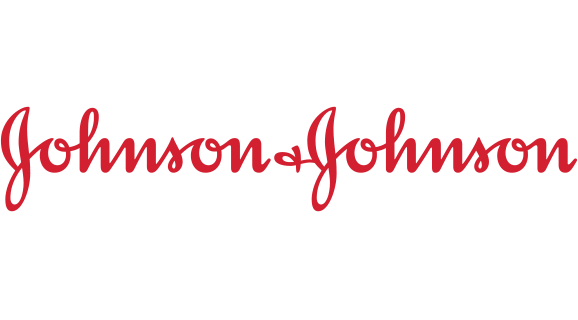To improve cardiovascular disease outcomes, connection with community is everything
Heart disease is the leading cause of death in America. During American Heart Month, we explore how to improve cardiovascular disease outcomes.
“Heart disease costs our healthcare system $216 billion dollars annually, and results in $147 billion worth of lost productivity each year.” said U.S. Rep. Linda Sanchez, (D-CA), speaking during an event hosted by Novartis and CQ Roll Call for American Heart Month.
“These statistics are alarming and only worsened as the COVID 19 pandemic upended our day-to-day lives,” including and especially healthcare, she added.
Novartis, in partnership with CQ Roll Call, hosted A Path to Improving Cardiovascular Disease Outcomes in the US: Lessons Learned from a Public Health Crisis, to discuss the scale of the problem and how we can come together to address it.
Why heart disease exemplifies inequity
Heart disease is not only the leading cause of death in the U.S., but also exacerbates historic and systemic inequities in the American health system. Race, income, and environmental factors create unique challenges when it comes to addressing heart health.
“It's just a perfect storm honestly here in rural America,” said U.S. Rep. Larry Bucshon, MD (R-IN), a cardiothoracic surgeon. “It doesn't take a $1,000 bill from a hospital to prevent someone from seeking care. People who have even $25 or $30 copays can't afford to go see a physician.”
Similar, yet unique, challenges are also seen in poor urban communities. “Oftentimes, in my community, school is the only place students are getting a balanced meal,” explained Georgia State Rep. Billy Mitchell. “In the urban communities, 48% of African American adults suffer from some stage of diabetes, and this is a malady that needs to be addressed.”
“If you're poor, sadly, in America, you're in poor health,” said Dr. David Nash, Founding Dean Emeritus of Jefferson College of Population Health.
Explaining the situation in certain parts of Philadelphia, Dr. Nash continued, “People are afraid to go outside to exercise because it is dangerous. Some people can't afford healthy food, and there is no healthy food to buy within five zip codes anyway.”
“We have to recognize the fact that racism is really the crux and at the basis of all of the inequities that exist today,” added Richard Williams, President and CEO of The Minority Health Institute. “With regard to cardiovascular disease in particular, I can speak from experience over the last 50 years.”
‘You can’t just snap your fingers and give them a new drug’
Partnerships are key to addressing heart disease in America.
“You can’t snap your fingers and give them a new drug and say okay, we beat cardiovascular disease,” said Dr. Nash. “We need a community level partnership, education, and boots on the ground community health workers.”
“We need to embrace new models like team-based care,” added Anand Parekh, Chief Medical Advisor to the Bipartisan Policy Center. “Empowering pharmacists is an excellent example. And their ability to engage in cardiovascular disease prevention and control is key.”
“We really need to increase collaboration,” echoed Sue Koob, CEO of the Preventive Cardiovascular Nurse Association. “We need to activate our members so that we can empower them to go and speak to legislators and really help them to understand the inequities that are out there and to ensure legislation that will help to bring greater equality.
What could policy look like? “The Centers for Medicare and Medicaid Services has made it one of their top priorities to use disenfranchised population focus models,” said former CMS Administrator Dr. Mark McClellan. The goal is “getting everyone in Medicare and Medicaid into a care system, one that's not just about visits, but one that entices, aides, and helps them address their needs, and also removes the fee for service payment model.”
How Novartis is addressing heart disease
Companies like Novartis are working both nationally and on the international stage on a number of campaigns to address hearth health.
“We've worked with the city of Milan, as well as Ulan Bator in Mongolia Accra in Ghana, and Sao Paulo in Brazil,” explained Novartis CEO Dr. Vas Narasimhan, “all with the goal of taking a population health based screening approach to really tackle hypertension.”
COVID-19 was undoubtedly a hit to community heart health initiatives and ensuring citizens got the care they need. But one thing’s clear: there is more than enough interest, desire, and knowledge for companies, communities, and legislators to come together to address heart disease.



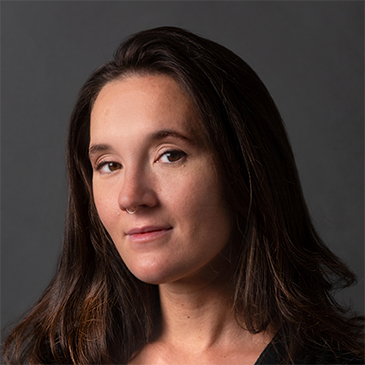
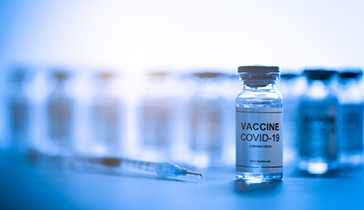
f24a.jpg)
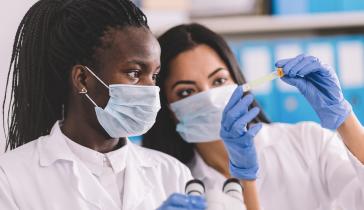
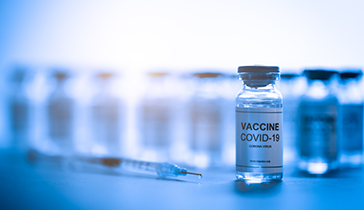
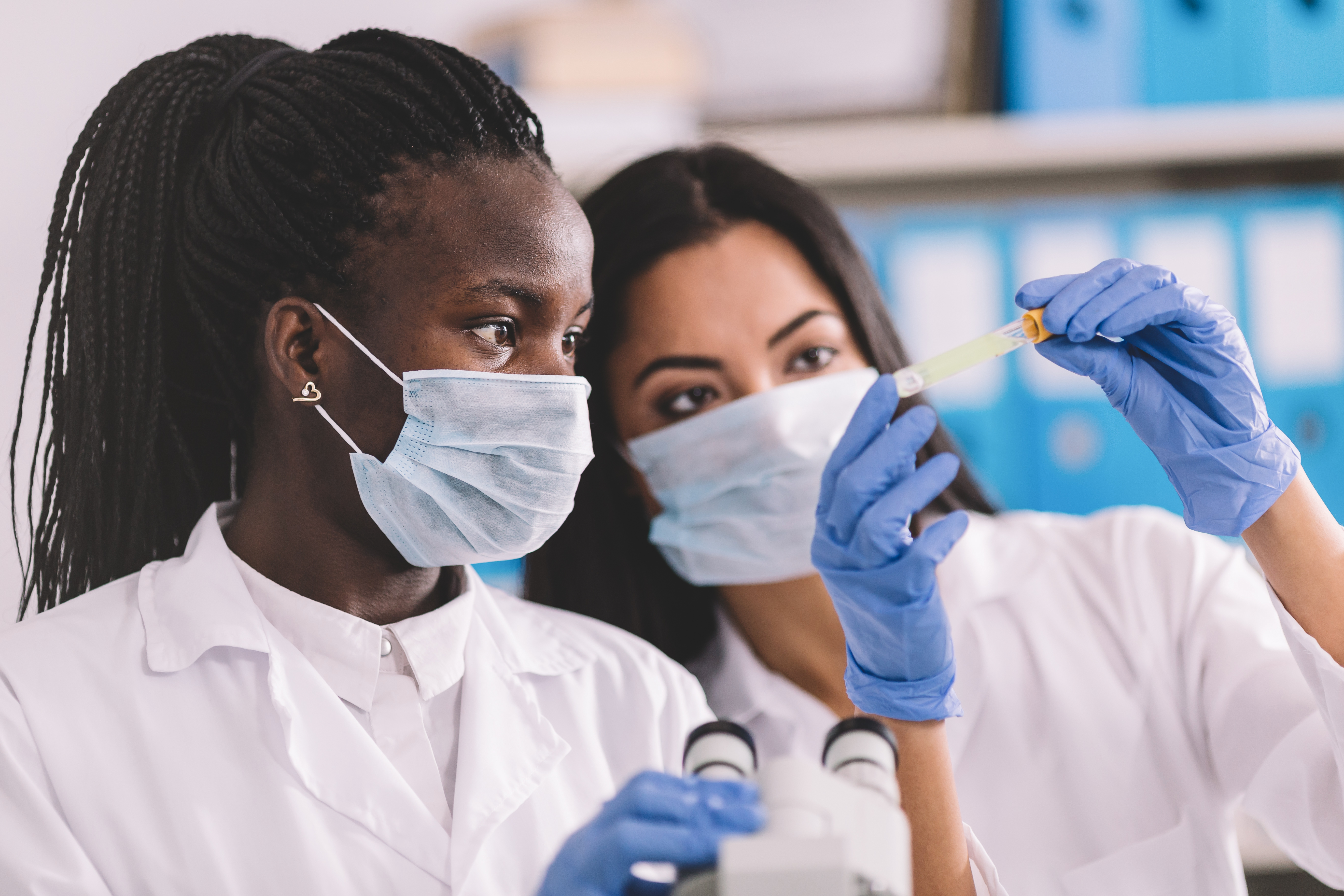
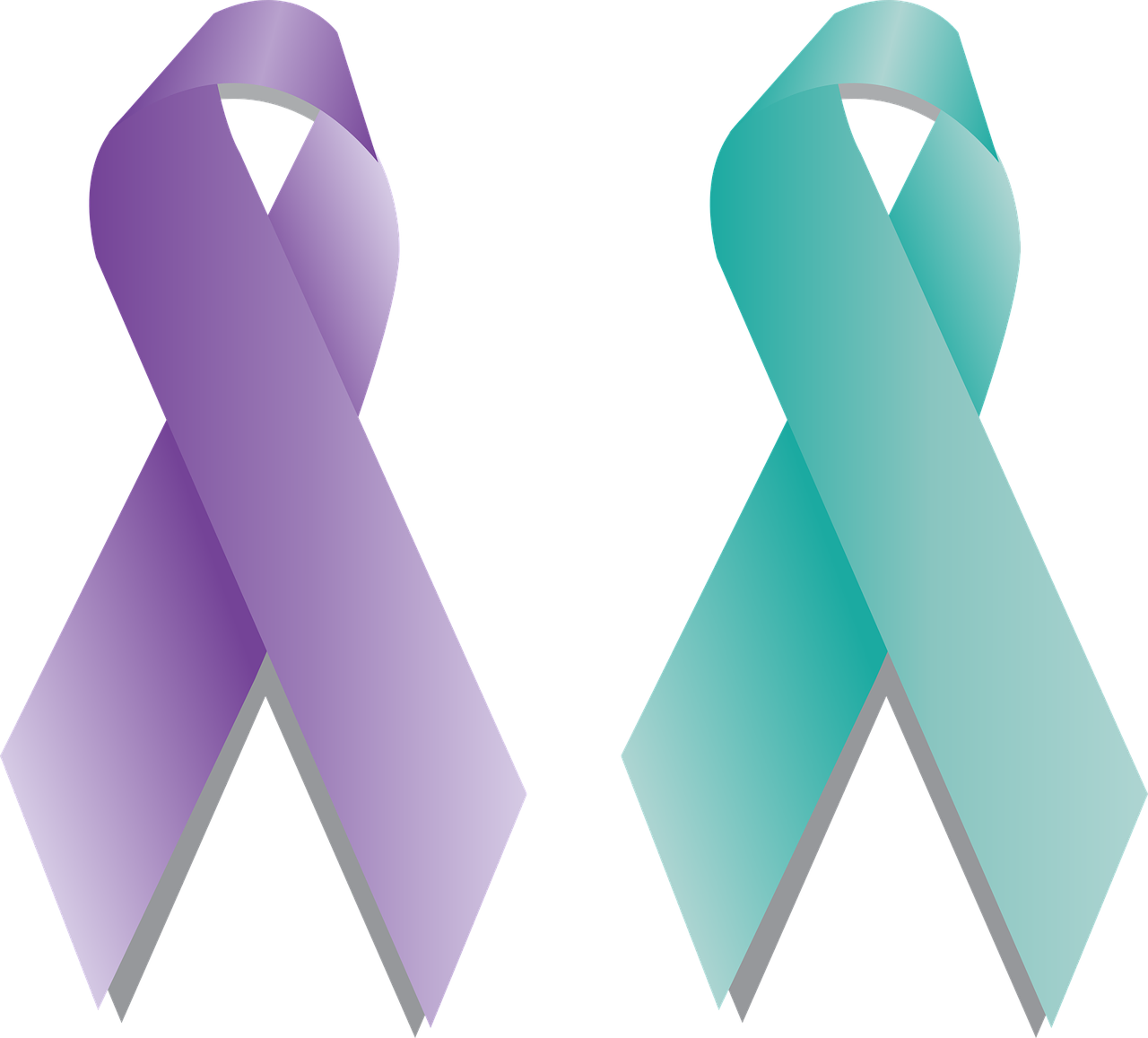
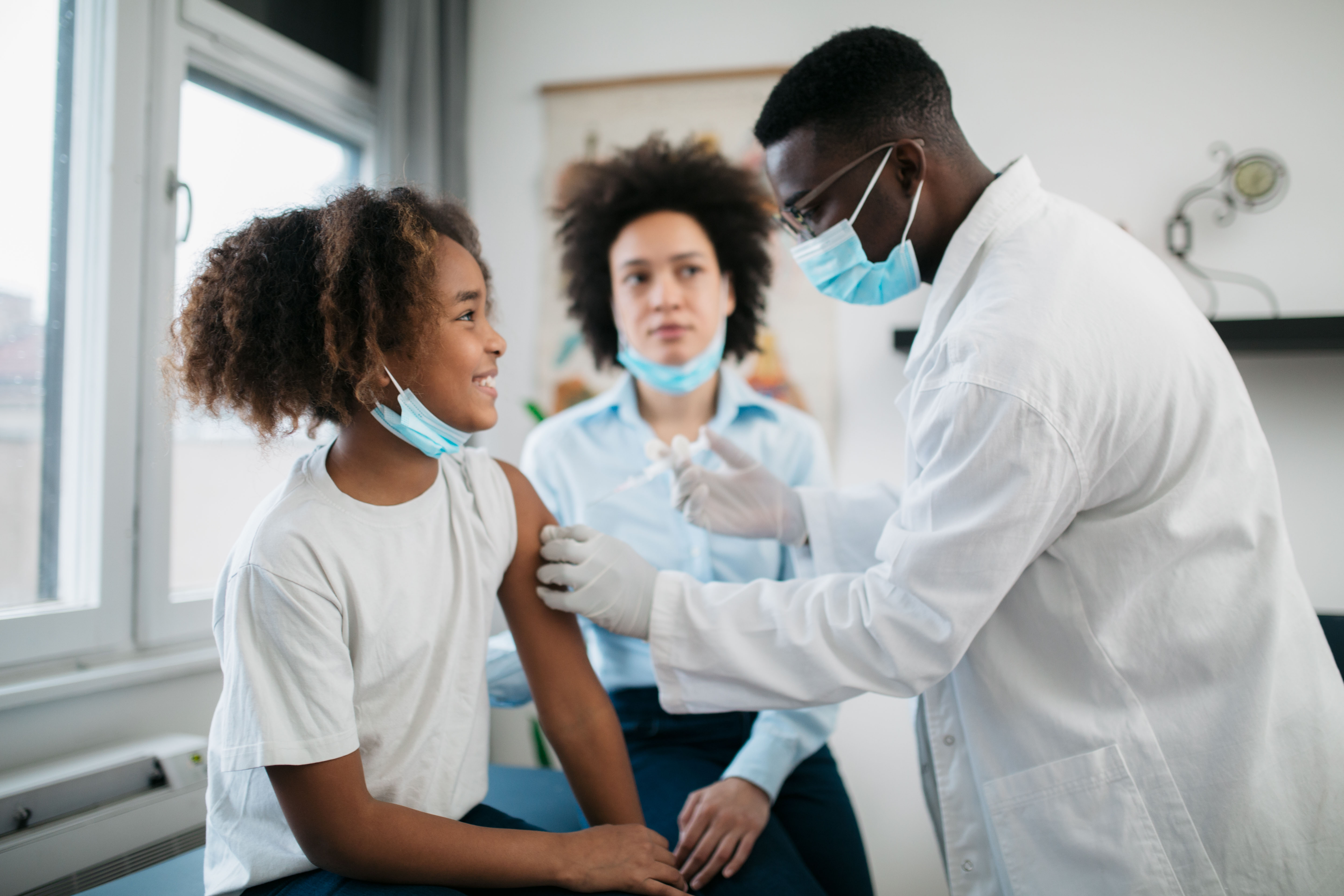

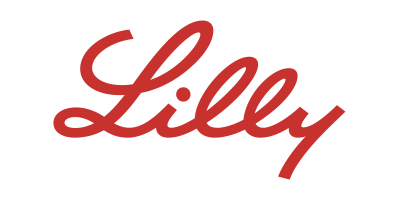



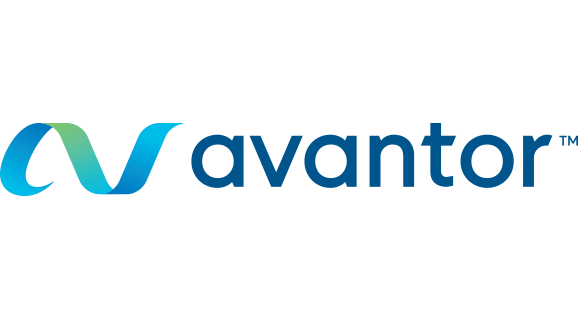

.png)
